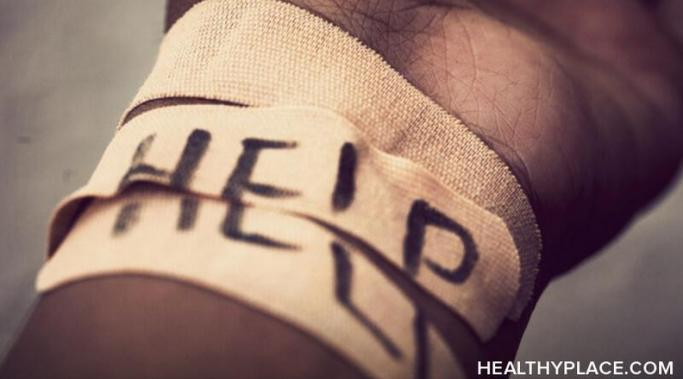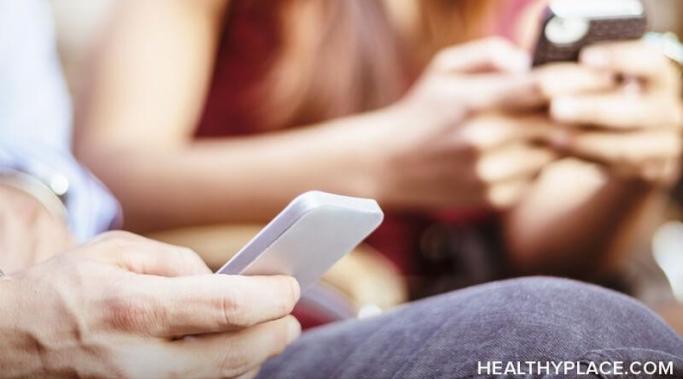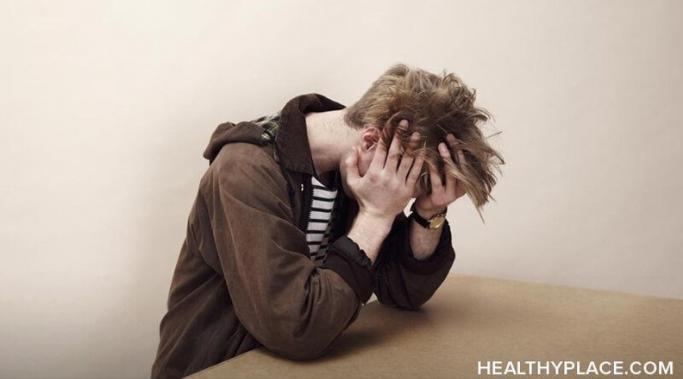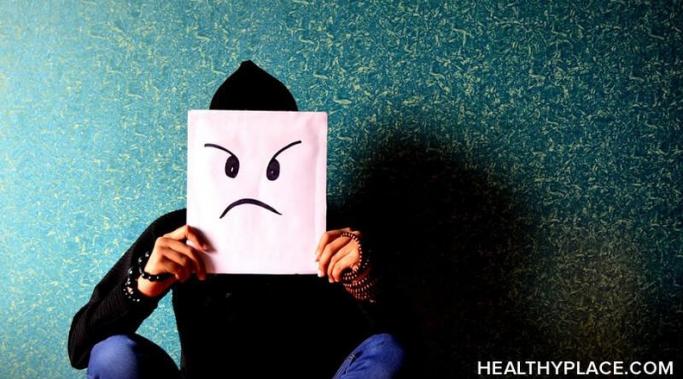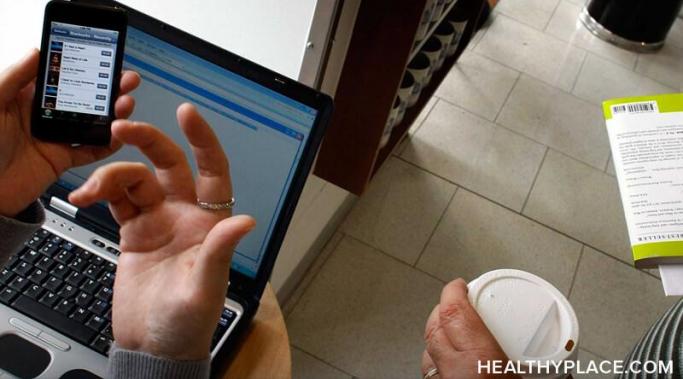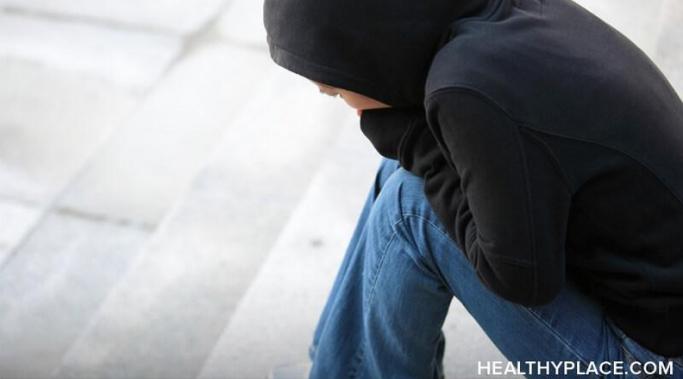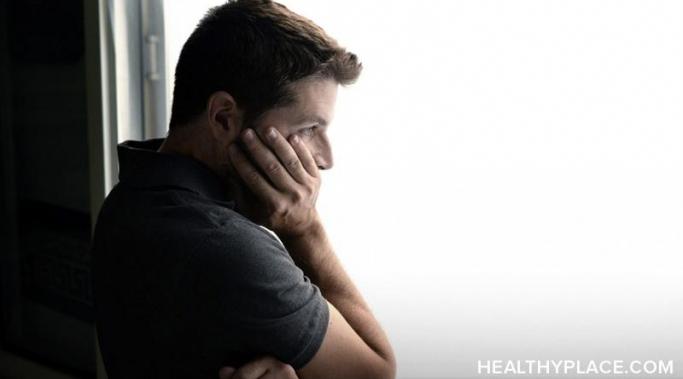Why is it important to avoid digital self-harm on the Internet? Is it possible to avoid it when the modern Internet is itself complicit in facilitating self-harm?
Anxiety Causes
Near the end of my last post, I briefly suggested the structure of the modern Internet itself contributes to digital self-harm, and that based on that structure, there can be no separation between the mere act of being online and digital self-harm.
The concept of “digital self-harm” is something that has recently entered the discourse surrounding mental health. It is a new enough concept that I feel that the majority of mental health advocates may not understand what this type of self-harm entails, and even those that do may be getting, what I argue, is a needlessly limited application of what the term could mean. In this post, then, I want to go into exactly what digital self-harm is (as is currently defined), my problems with that current definition, and its applications for those with anxiety.
Ever since my apartment fire at the end of January, I’ve been working with my insurance to get adequate recompense for everything I’ve lost. While I’ve had a mostly good experience, it seems that nobody is spared from at least one insurance horror story, and about a week ago I got mine.
So much is uncertain and anxiety-provoking right now, but one thing is certain: kids experience anxiety during this COVID-19 pandemic, too. Not knowing how to help your kids with anxiety can be frustrating, and right now, when you might be dealing with anxiety of your own about the ever-changing COVID-19 scare, wondering how to deal with anxious kids can be challenging. Happily, there are ways you can help your kids deal with their anxiety and increase the mental health and wellbeing of everyone in your household in the process. Here are some insights from my own experience as a parent and former high school teacher and counselor. I can help you help your kids who have anxiety from COVID-19.
Overstimulation causes anxiety. Everywhere you go, everything you do, your brain takes things in. This is good. It means you're alive, alert, and active. However, the constant barrage of stimuli can work against you when "everything" becomes too much. Constant input from the world around us leads to thoughts, interpretations, and emotions and can keep us feeling keyed-up, on edge. This causes a pervasive sense of anxiety that can be vague and hard to pinpoint. Anxiety due to overstimulation can be exhausting and sometimes even debilitating. Knowing why this happens and how to refocus can reduce anxiety and leave you feeling a much-needed sense of calm.
I've survived a catastrophe, and I've learned to cope with the anxiety from it. You see, a few weeks ago, a major fire started in my apartment. In the aftermath, I lost my place to live, lost almost all my possessions due to smoke damage, and came uncomfortably close to losing my life from smoke inhalation.
Are you impatient to get rid of anxiety? On a scale from one to 10, with 10 representing "immediately," how soon do you want your anxiety gone? There was a time in my life that my own number was off the charts somewhere in the billions. After all, anxiety is a horrible thing to live with, all-consuming and confining. While it's natural to be eager to get rid of anxiety, unfortunately, impatience can be a big cause of anxiety. Let's shift away from getting rid of anxiety and examine impatience itself to see how it just might be making you more anxious. Then, as you cultivate patience, anxiety will shrink in the process.
There’s been much in the way of discussion regarding “toxic” cultural practices, and "toxic positivity,” is receiving its due attention. I couldn’t be happier. A culture of toxic positivity poses an active threat to the wellbeing of anyone who is mentally ill.
Our collective anxiety about the world is skyrocketing. Anxiety disorders are the most common of all mental illnesses worldwide, and the United States is the most anxious nation, with a higher percentage of people diagnosed with anxiety disorders than in any other country. Further, the experience of anxiety in the United States is on the rise, with more...
